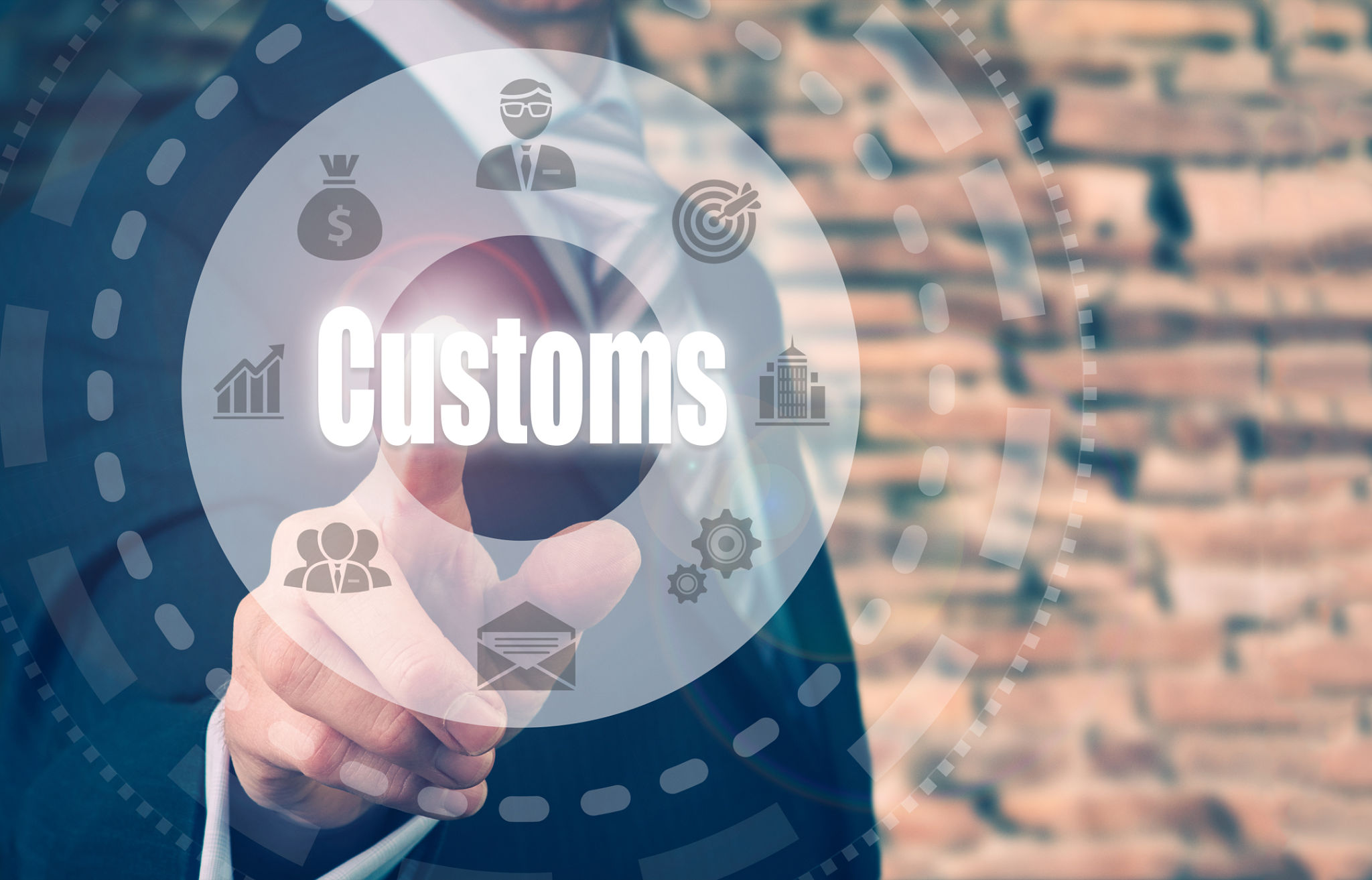Understanding the Customs Clearance Process: A Comprehensive Guide for UK Shippers
Introduction to Customs Clearance
Customs clearance is a crucial aspect of international shipping, especially for UK shippers. Understanding this process ensures that your goods move smoothly across borders, reducing delays and avoiding unexpected costs. This comprehensive guide will walk you through each step of the customs clearance process, helping you to navigate it with ease.

Key Documents Required
The customs clearance process requires several key documents. Having these documents prepared and accurate is essential for a smooth transaction:
- Commercial Invoice: This document details the transaction between the buyer and the seller, including the description of goods and their value.
- Packing List: It provides information about how the goods are packed, including dimensions and weight.
- Bill of Lading: This is a contract between the owner of the goods and the carrier, detailing the type, quantity, and destination of the goods being shipped.
- Certificate of Origin: This document certifies the country in which the goods were manufactured.
Understanding Tariffs and Duties
One of the most critical aspects of customs clearance is understanding tariffs and duties. These are taxes imposed by governments on imported goods to protect local industries and generate revenue. As a UK shipper, it's crucial to know which tariffs apply to your products and how they affect your overall cost.

Customs Declarations
Filing customs declarations is a mandatory step in the customs clearance process. This involves submitting detailed information about your shipment to customs authorities. The declaration must include data about the type of goods, their value, and their origin. Accurate and timely declarations help prevent delays and additional inspections.
The Role of Customs Brokers
Customs brokers play a pivotal role in facilitating customs clearance. They are experts in customs regulations and can handle complex paperwork on your behalf. Engaging a reputable customs broker can save time and reduce the risk of errors in your documentation.

Common Challenges in Customs Clearance
Despite thorough preparation, shippers often encounter challenges during customs clearance. Delays can occur due to incomplete documentation or misclassified goods. Being proactive in addressing potential issues can mitigate these challenges. Regularly updating your knowledge of international trade regulations is also beneficial.
Tips for Smooth Customs Clearance
To ensure a seamless customs clearance process, consider these tips:
- Double-check all documentation: Ensure that all required documents are complete and accurate before shipment.
- Stay informed: Keep up-to-date with changes in trade regulations that might affect your shipments.
- Utilize technology: Leverage digital tools for tracking shipments and managing documentation efficiently.
The Future of Customs Clearance
The customs clearance landscape is evolving with advancements in technology. Automation, blockchain, and artificial intelligence are streamlining procedures, making them faster and more efficient. As these technologies develop, they promise to further simplify the customs process for UK shippers.

